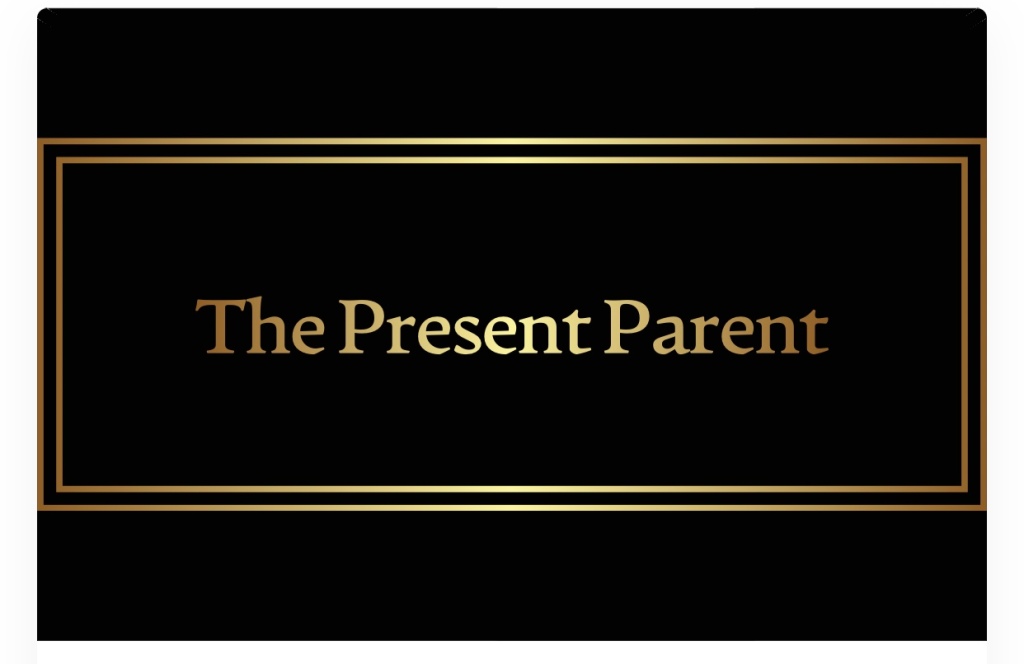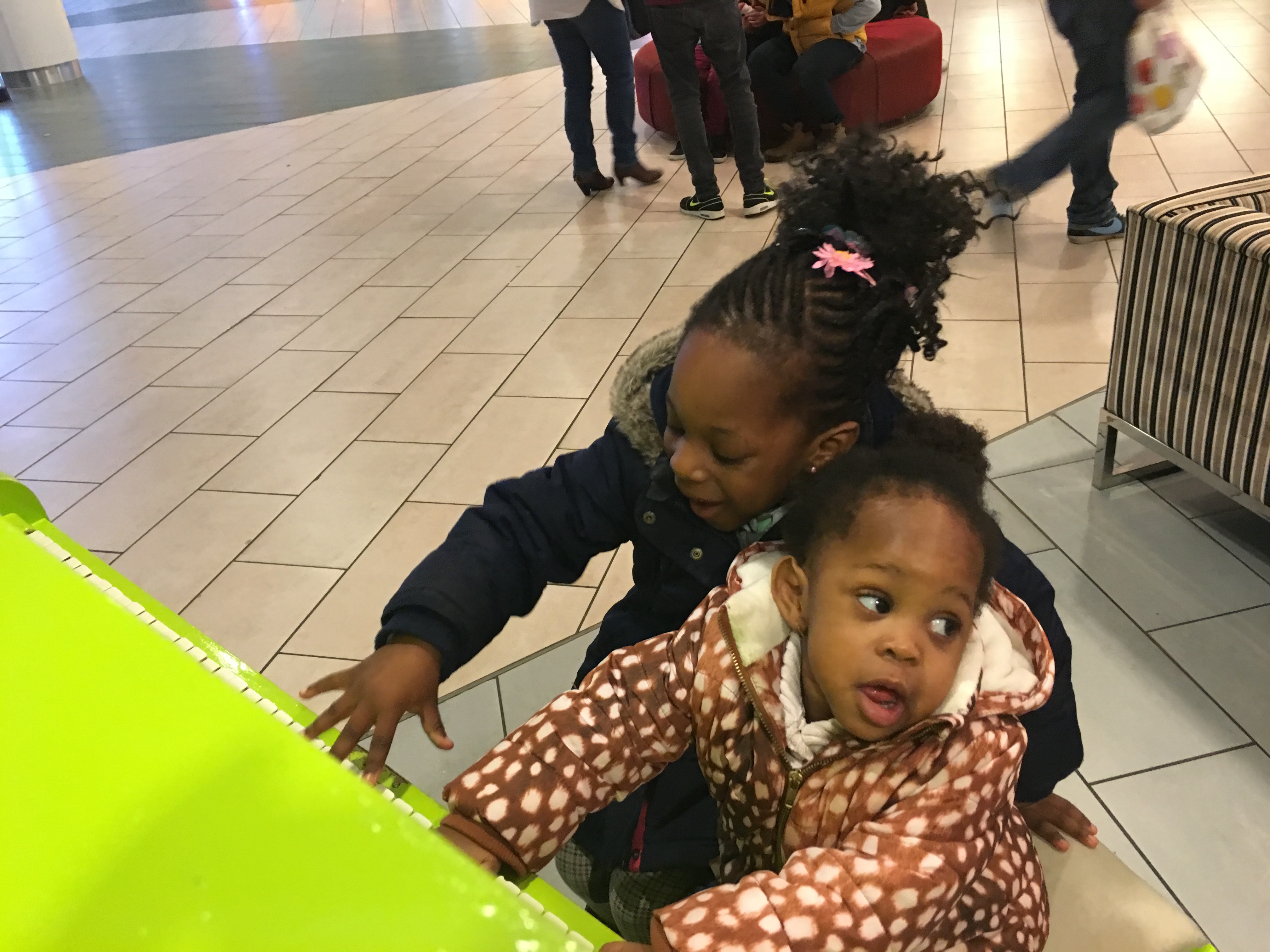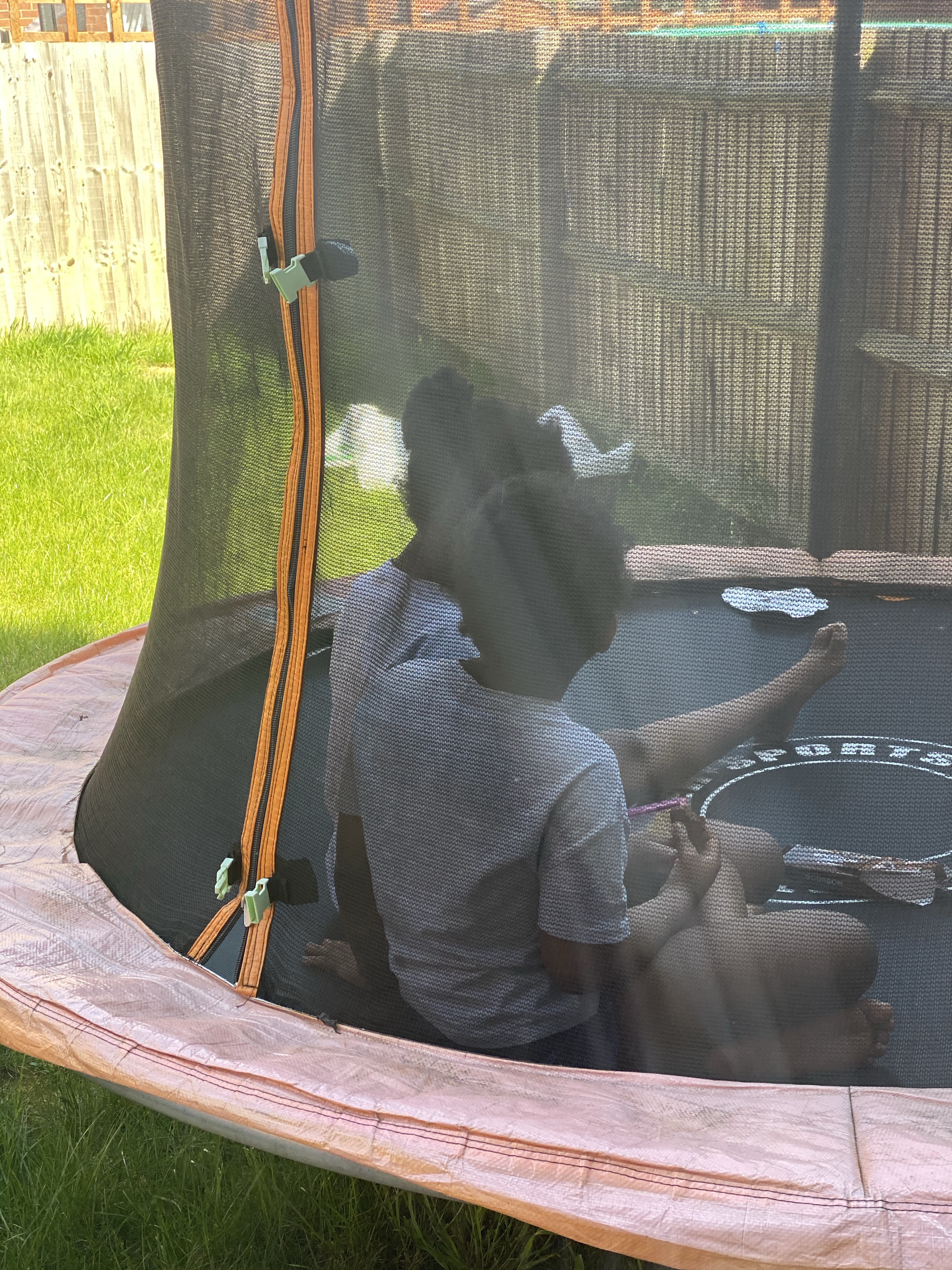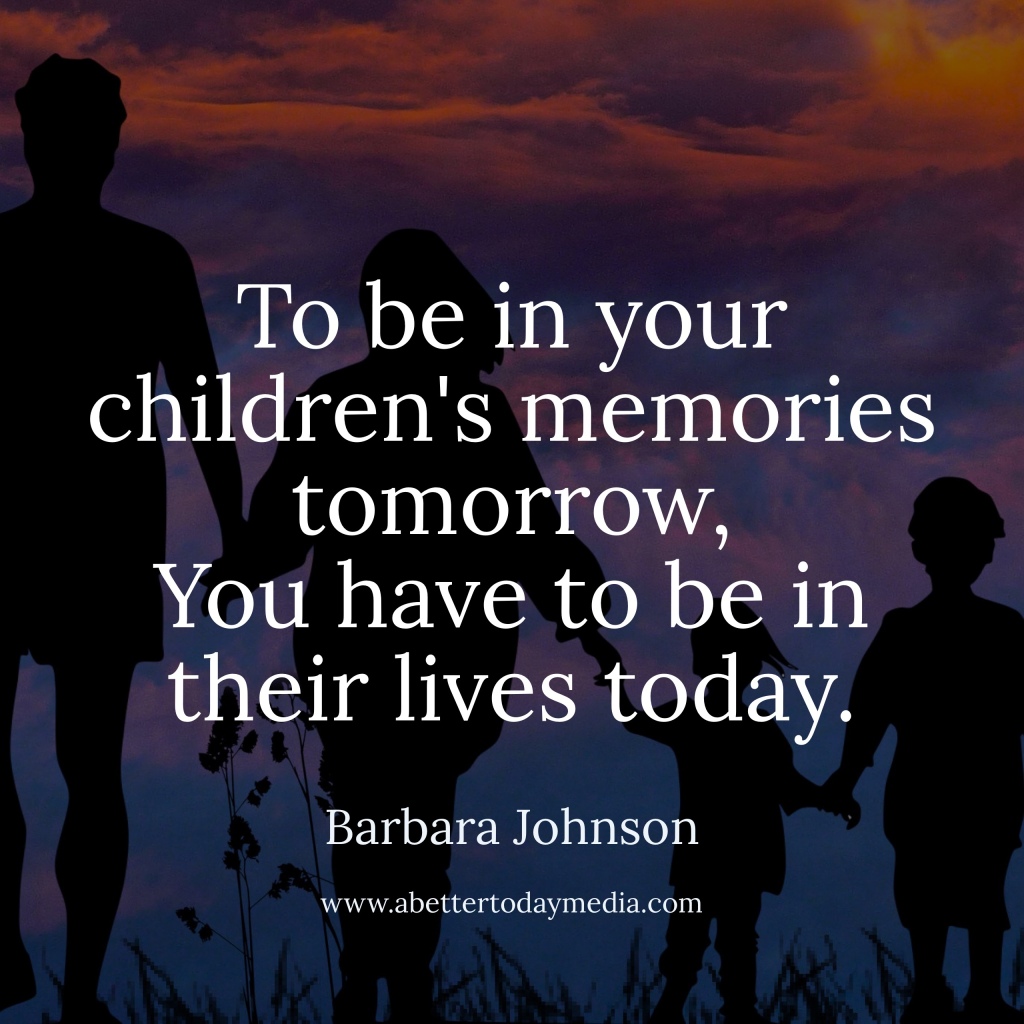My journey through parenting is one that is filled with valuable life lessons from every day experiences and interaction with my children. It’s interesting that children emulate what they see you do and not always “as you tell them to do”. We are the first role models our children will look up to, so what values are we promoting at home?
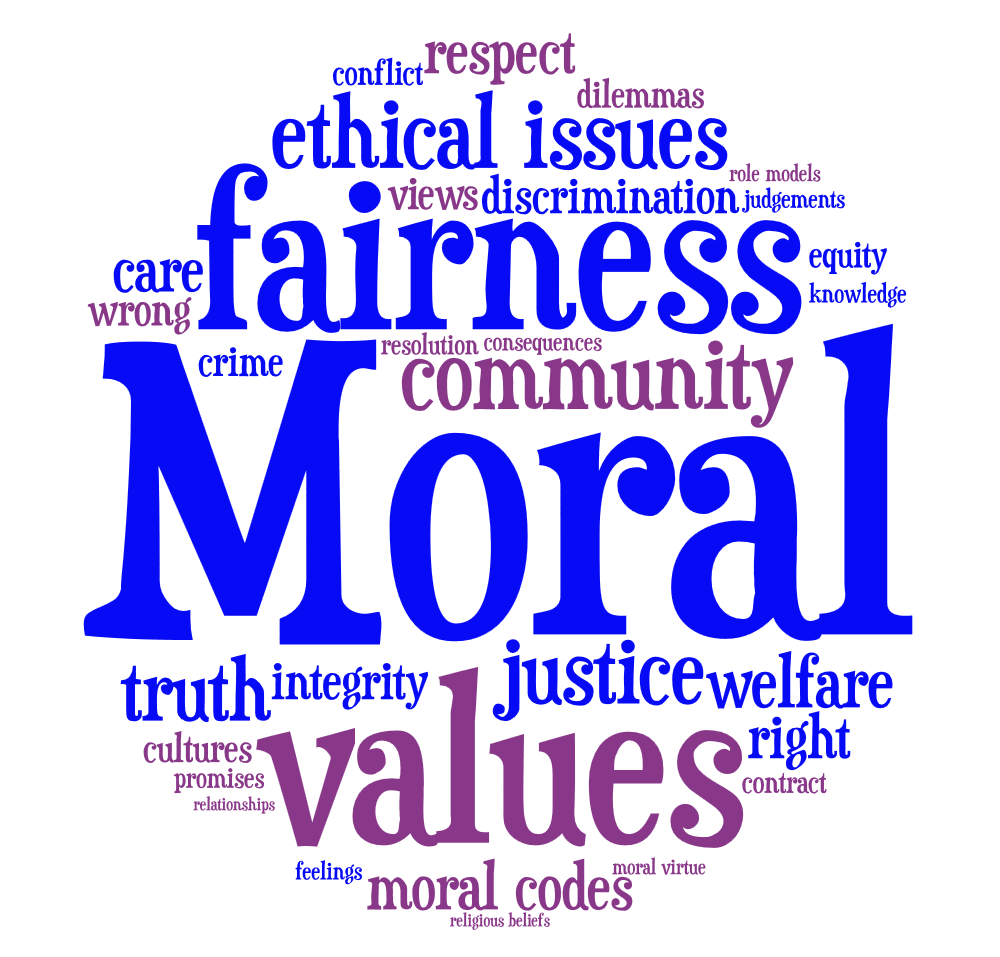
In 2016, I made the decision to take my children to Nigeria because it was important to my husband and I to give them a first-hand experience of what beauty truly beholds their motherland. This stemmed from a conversation I had with my older daughter. The conversation went something like this; “mummy, why are there so many poor people in Africa?” Shocked and confused, I asked her “Tumi how did you come to this conclusion?” She looked at me and paused, I think she sensed I had my defensive guard up, and she walked away and said “never mind”. I decided to ask her again in a calmer voice this time and her explanation shocked me. “Well, on TV they are always asking people to give money to children and people in Africa and they are all poor”. I tried really hard to control my emotions but it was clear at that point that I had done my child a disservice. Without realising it, I had allowed my child believe a narrative that promotes discrimination and unconscious bias. I tried my best to explain to her that this narrative was not only untrue, it was one of the bases why people who are black are not treated very nicely. I went further to explain that there were rich and poor people in every country. But I knew what I said only confused her further and honestly, she clearly wasn’t in the mood for a deep discussion. Reflecting on this, I knew I needed to do better and be more intentional about showcasing the things I was proud of about being African, and Nigerian to be precise.
I spoke to my husband about it and anyone who knows him will attest to the fact that he is a passionate PAN-AFRICANIST, (Pan-Africanism, the idea that peoples of African descent have common interests and should be unified. https://www.britannica.com/topic/Pan-Africanism) which made him very quite disappointed that we hadn’t done enough to educate our children on issues around identity and culture of which we were very proud to be a part of. He told me immediately, “we need to take the girls to Nigeria, we need to teach them by letting them see and experience it for themselves”. To summarise, we went to Nigeria in April that year, and her experience is one she still talks about till this day. I guess the saying is true “seeing is believing” as that trip was a life changing experience for her in a positive way. It wasn’t perfect as she couldn’t understand why it was so hot and why it was so busy on roads with unending traffic but she was clearly amazed that the picture she had in her mind did not match what was in front of her.

She got to visit places that were similar to what she was used to in England and in fact, in her own words “I feel like a princess” because she was treated as such. When we got back, she told everyone who cared to listen how great Nigeria was and how much fun she had when she went.
Fast forward to when she returned to school that year, and one of her first tasks was to write an original poem. You will never guess what she chose to write her poem about with a little help from mummy and daddy 😊😊…….
“My great Africa, How I love my Africa
Full of people with great culture
Blessed with unspeakable nature,
Filled with colours of the rainbow
Birds fly in the beautiful sky
Chipping harmony in their colourful flights,
My great Africa, how I love my Africa”.
Safe to say she got a recognition at school for her poem and she is still quite proud of it.
Now she is an advocate for correcting the stereotype that Africa is only full of poor people who need help from charity organisations. She will tell you “there are poor people everywhere and rich people too”.
In conclusion, let’s intentionally teach our children the values that made our childhood beautiful and gives us a sense of belonging to a culture truly blessed with beauty; an identity worthy of pride.

